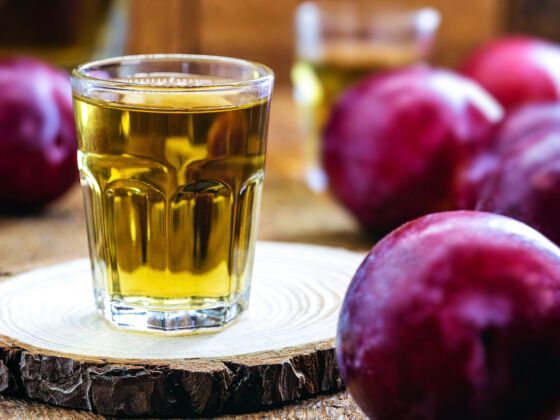I feel a bit strange to be writing an article about moonshine (or homemade alcohol) while living in Czech Republic. This part of the world recently made headlines for not entirely succeeding at separating methanol from ethanol, and the results were predictably disastrous: multiple deaths, victims with permanent eyesight damage, and an ensuing ban on the sale of all hard alcohol throughout the country.
The case has more or less been closed now, and we’re back to drinking shots in relative safety over here. Though in this case the culprits were what the local press fondly refer to as “an industrial methanol mafia” and not moonshine, the episode does make one rather acutely aware of the dangers inherent in the idea of home-distilled alcohol. Sometimes, an extra carbon atom really does make all the difference.
Anyway, here is a very incomplete list of various forms of moonshine from around the world.
